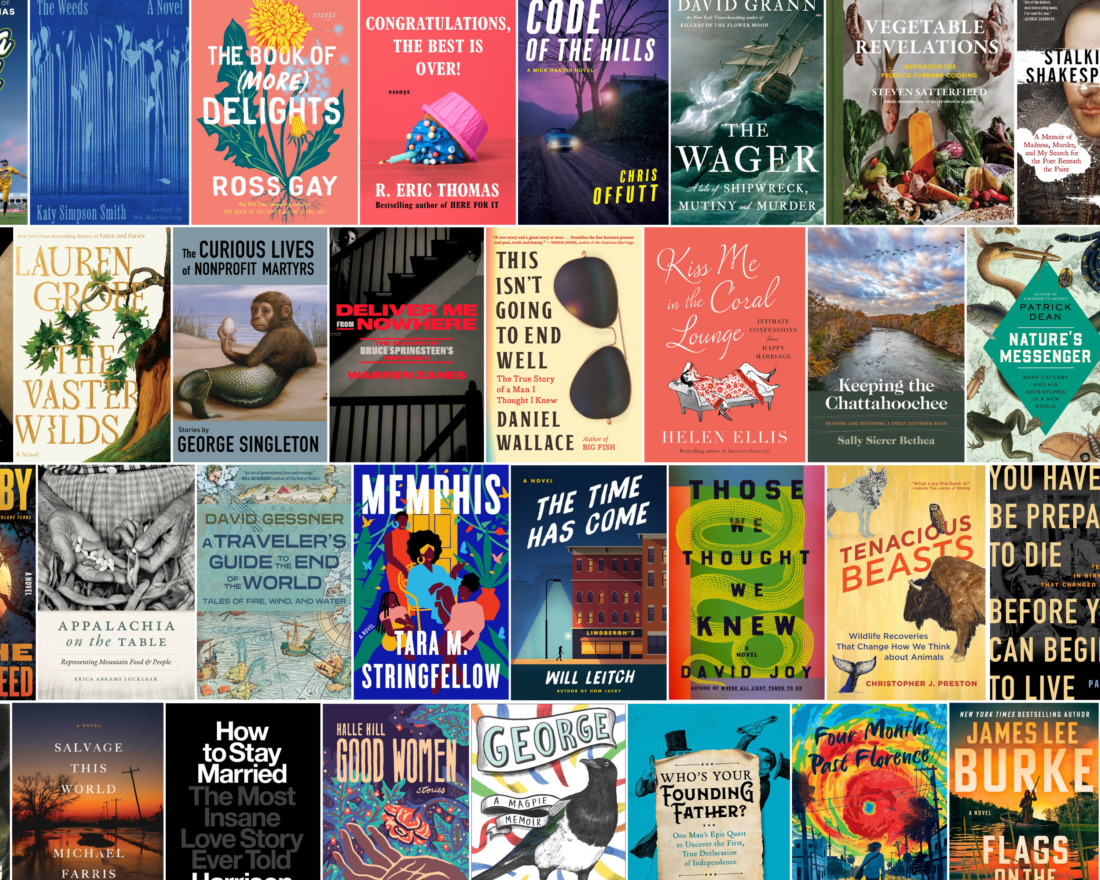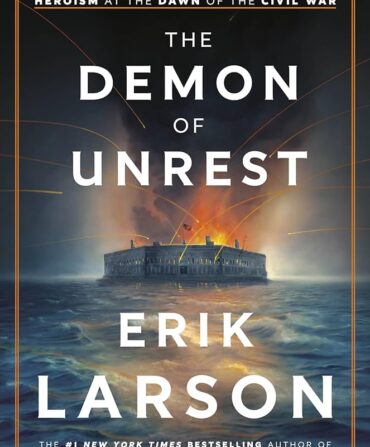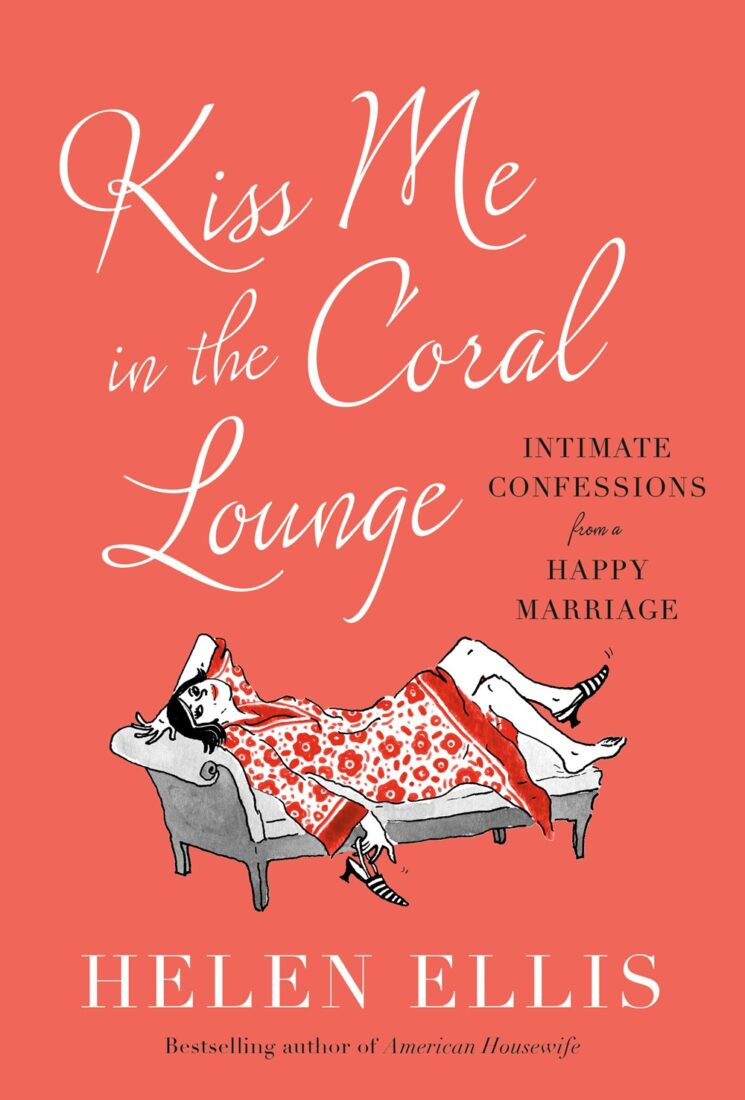
Kiss Me in the Coral Lounge, by Helen Ellis
Few writers delight me like Helen Ellis does, so I can’t wait for Coral Lounge, for which she turns her gimlet eye on marriage. When reading her essays—whether for G&G, or in her previous collections Southern Lady Code and Bring Your Baggage and Don’t Pack Light—I inevitably end up texting my best friends the lines that make me literally LOL. (In Baggage, that included a Panama City Beach waterpark-goer telling Ellis she should ride a ride only “if you want to taste the crotch of your own bathing suit.”) —Amanda Heckert, executive editor
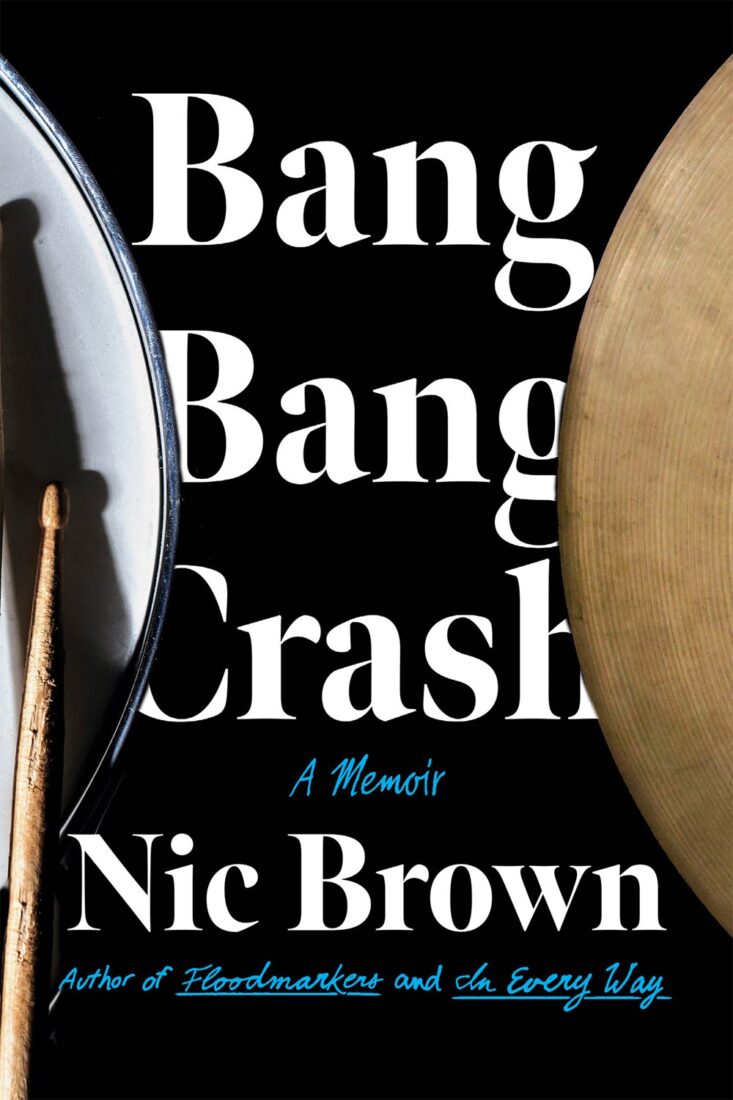
Bang Bang Crash, by Nic Brown
I flunked trumpet in grade school and more recently failed to learn to play the guitar, but I love a good rhythm in song and verse. That’s why I can’t wait to read Nic Brown’s Bang Bang Crash, an account of his rise as a rock and roll drummer and the eventual move away from living that dream to the more staid life of a writer. —David DiBenedetto, editor in chief
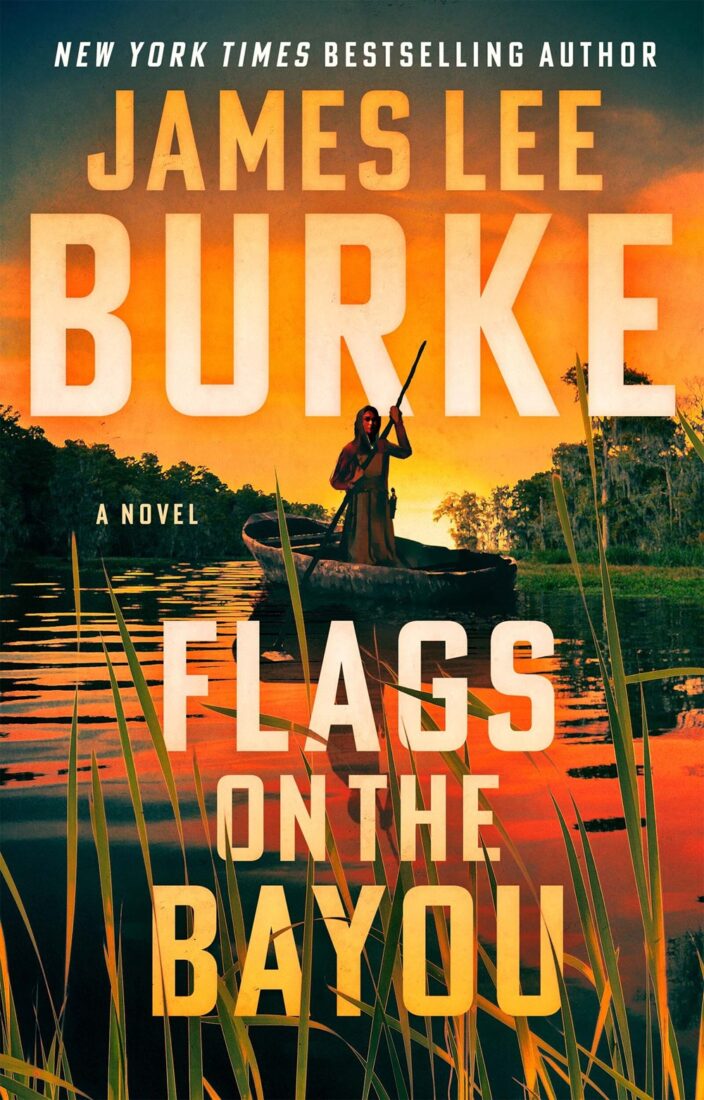
Flags on the Bayou, by James Lee Burke
No one can word-sketch an eerily beautiful scene quite like the living legend James Lee Burke, whether he’s describing bloodred bougainvillea dripping off ironwork in New Orleans or fog shrouding the Mississippi. In his latest novel, Flags on the Bayou, Civil War–era Louisiana provides the turbulent backdrop for a murder accusation, skirmishes, blossoming love, and the specter of a storm over the Gulf. —CJ Lotz, senior editor
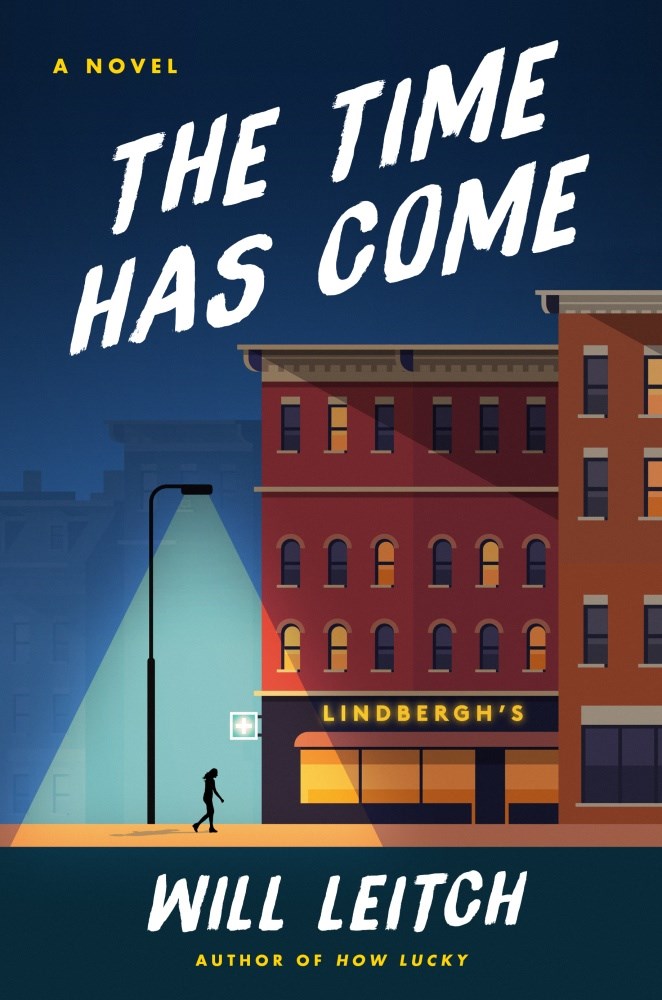
The Time Has Come, by Will Leitch
Set in my hometown of Athens, Georgia, Will Leitch’s latest novel follows seven different characters as their stories unfold, colliding in a tense encounter inside a beloved town pharmacy. I love Leitch’s writing and his knack for creating character-driven page turners— plus, who can resist falling into a fictional world set in a place you dearly love? —Caroline Sanders Clements, associate editor
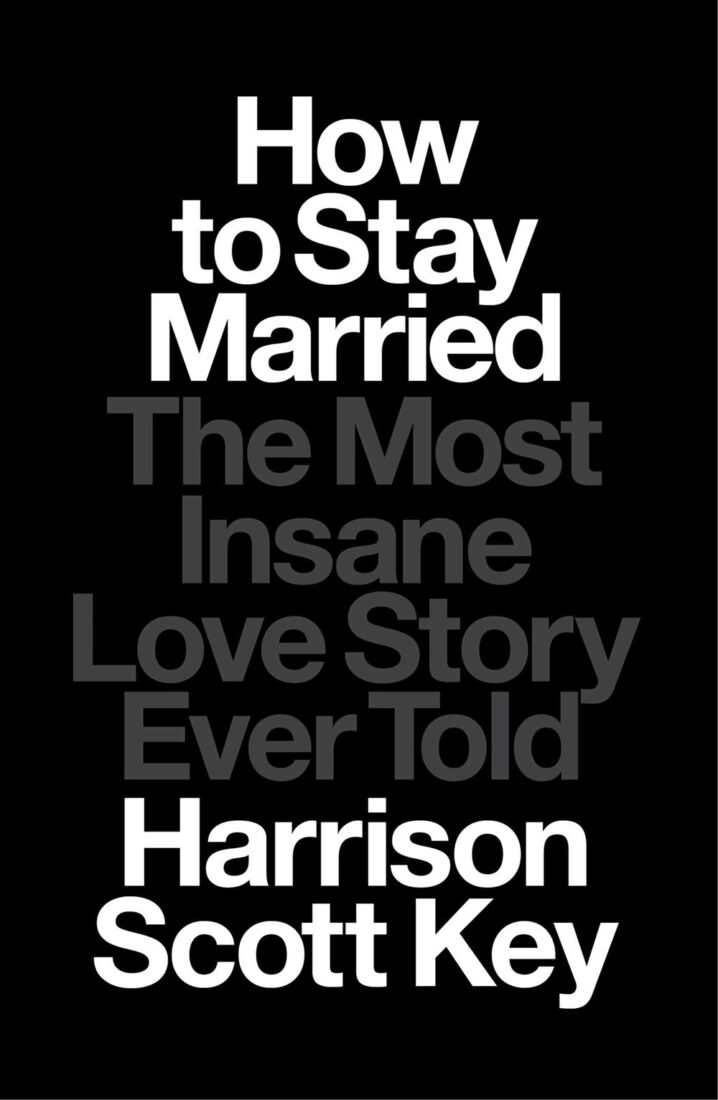
How to Stay Married, by Harrison Scott Key
Harrison Scott Key’s first book, The World’s Largest Man, is one of the funniest memoirs I’ve ever read, a perennial favorite in the class on Mississippi writers I teach at Ole Miss. His second book (which is about writing the first book) is somehow even funnier than the first. I can’t wait to read his third, which I heard him talk about one memorable night in Gorham’s Bluff, Alabama. To this book he brings all his humor-writing skills, but this time the topic is the least funny thing imaginable: infidelity, and the near breakup of his marriage after he discovered his wife was having an affair with a neighbor. Harrison is a writer of tremendous humor and heart; what he does with this material will be a memoir worth reading and rereading. —Beth Ann Fennelly, author and contributor
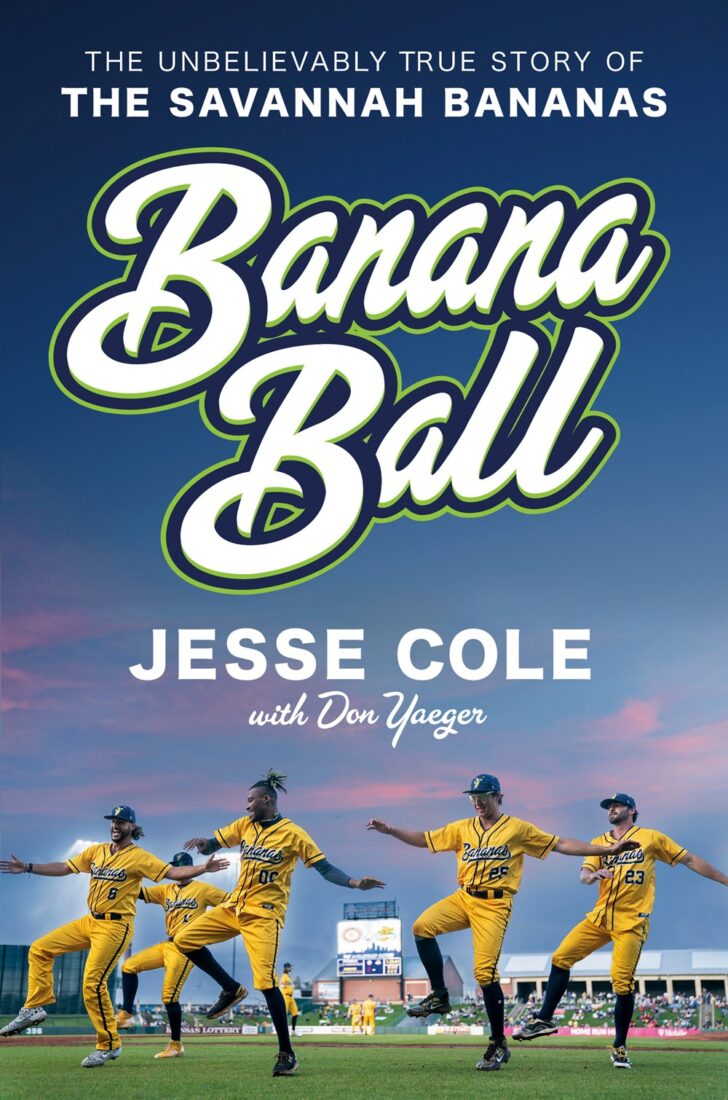
Banana Ball, by Jesse Cole with Don Yaeger
Before Major League Baseball banned the shift, Jesse Cole figured out how to make the sport more exciting, and it involved players on stilts, bats on fire, and fans catching foul balls—for an out. Penned by Cole with the help of former Sports Illustrated editor Don Yaeger, this breezy memoir reveals how a kid with big-league dreams turned into “the P.T. Barnum of baseball” through his wildly popular, world-touring Savannah Bananas. If the title makes you think of Moneyball, the 2003 book about the statisticians who revolutionized the sport at the expense of fun, well, that’s incidental. —Elizabeth Florio, digital editor

Congratulations, the Best Is Over!, by R. Eric Thomas
R. Eric Thomas’s writing has brought me such joy over the years. I first encountered his jubilant, indelible voice in Elle, where he opined about such topics as Aretha Franklin fighting with Dionne Warwick over fax. In this follow-up to his first terrific book of essays, Here for It: Or, How to Save Your Soul in America, Thomas takes us on his at turns hilarious and heartbreaking journey back to live (and garden) in his hometown of Baltimore. —Amanda Heckert
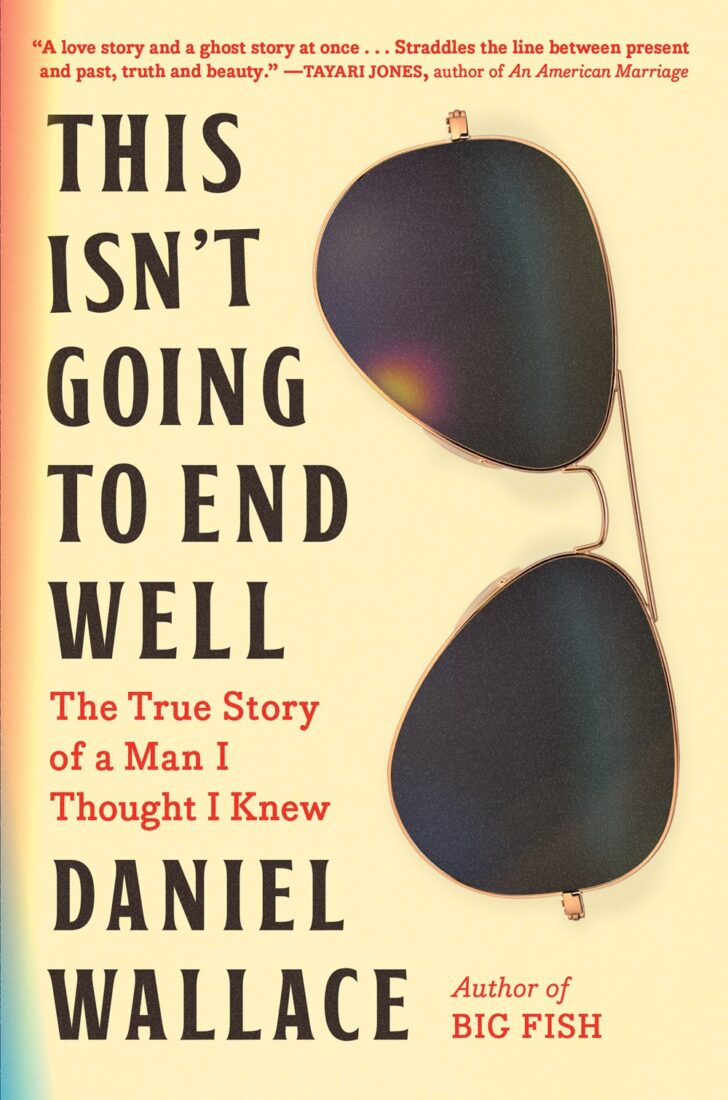
This Isn’t Going to End Well, by Daniel Wallace
When I picked up Daniel Wallace’s memoir This Isn’t Going to End Well, I had no idea the book was about the star-crossed counterculture icon and whitewater river artist William Neely, of whom I was a fanboy as a UNC-Chapel Hill student and whitewater paddler in his heyday of the 1980s. But even without the personal connection, I would have been caught in the powerful hydraulics of this story, a journey through one of those friendships marked as much by rapids and danger as by love and trust. —T. Edward Nickens, contributing editor
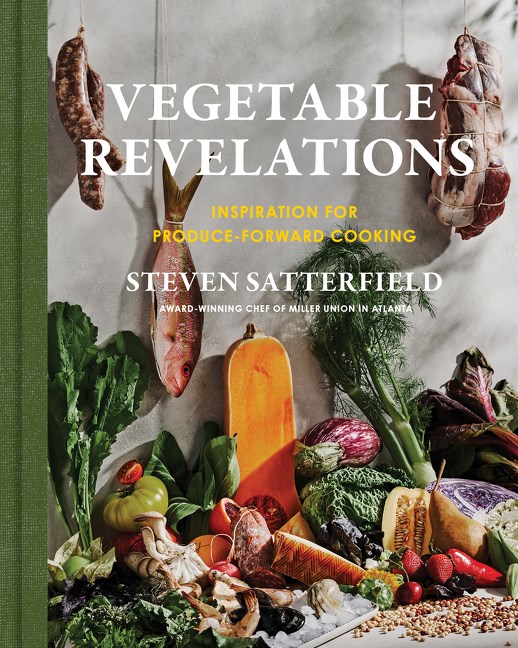
Vegetable Revelations, by Steven Satterfield
I am looking forward to cooking the fire out of Steven Satterfield’s new book, Vegetable Revelations. I must confess that I have always been in awe of Steven’s cooking. I have long wondered how he can take something as humble as celery or a rutabaga and turn it into something so sublime. With this book he is revealing his secrets. Don’t be surprised if I end up stealing a recipe or two. —Vishwesh Bhatt, chef and author
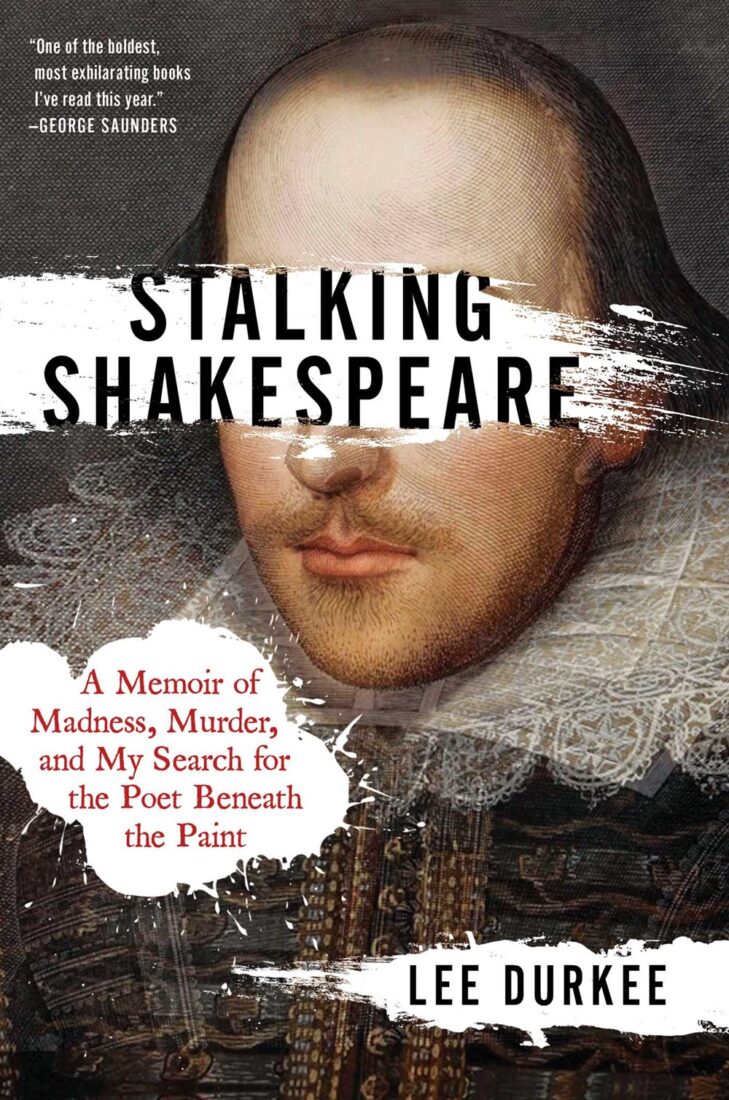
Stalking Shakespeare, by Lee Durkee
An intensely readable book with bust-out-laughing moments, Stalking Shakespeare recounts the Mississippi novelist Lee Durkee’s Adderall-fueled spiral into Elizabethan portraiture obsession, his darkest inner monologues while holed up in a Vermont fishing shack, and the daring trip he took to London to find answers for himself. —CJ Lotz
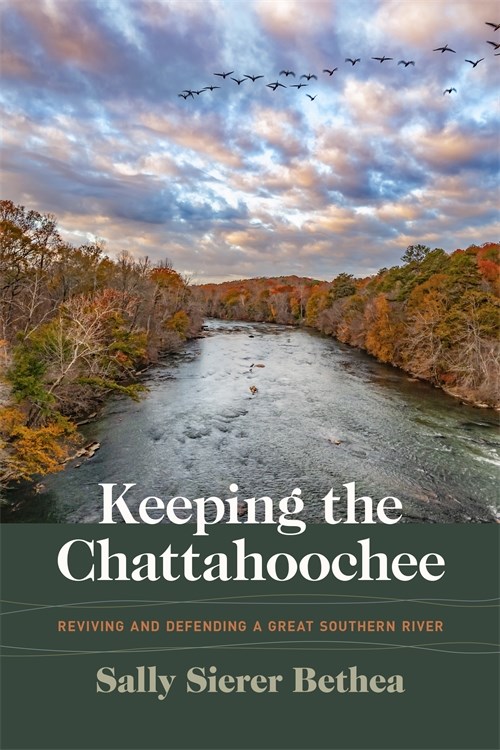
Keeping the Chattahoochee: Reviving and Defending a Great Southern River, by Sally Sierer Bethea
In my years living in Atlanta, few conservation-minded folks inspired me like Sally Sierer Bethea, the founding director of the Chattahoochee Riverkeeper. Since 1994, the nonprofit has worked to protect the mighty river that runs through the city and its sprawling watershed, with Bethea acting and advocating as riverkeeper for two of those decades. I can’t wait to dive in and hear more of her stories. —Amanda Heckert
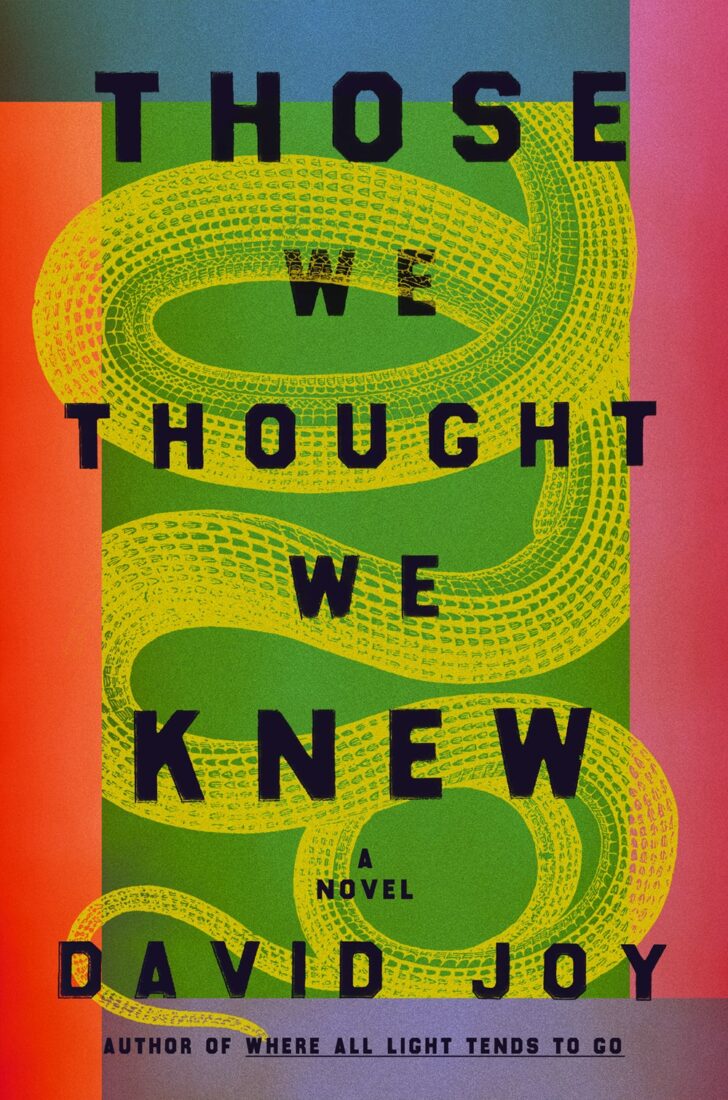
Those We Thought We Knew, by David Joy
I’m looking forward to David Joy’s new novel this year, Those We Thought We Knew. He’s one of my favorite writers—gripping, gritty, suspenseful, and fearless—and this book looks to tackle some big-time subjects as they play out in a small North Carolina mountain town, including racism, community, and the weight of history. I can’t wait to see how he weaves it all together. —Dave Mezz, deputy editor
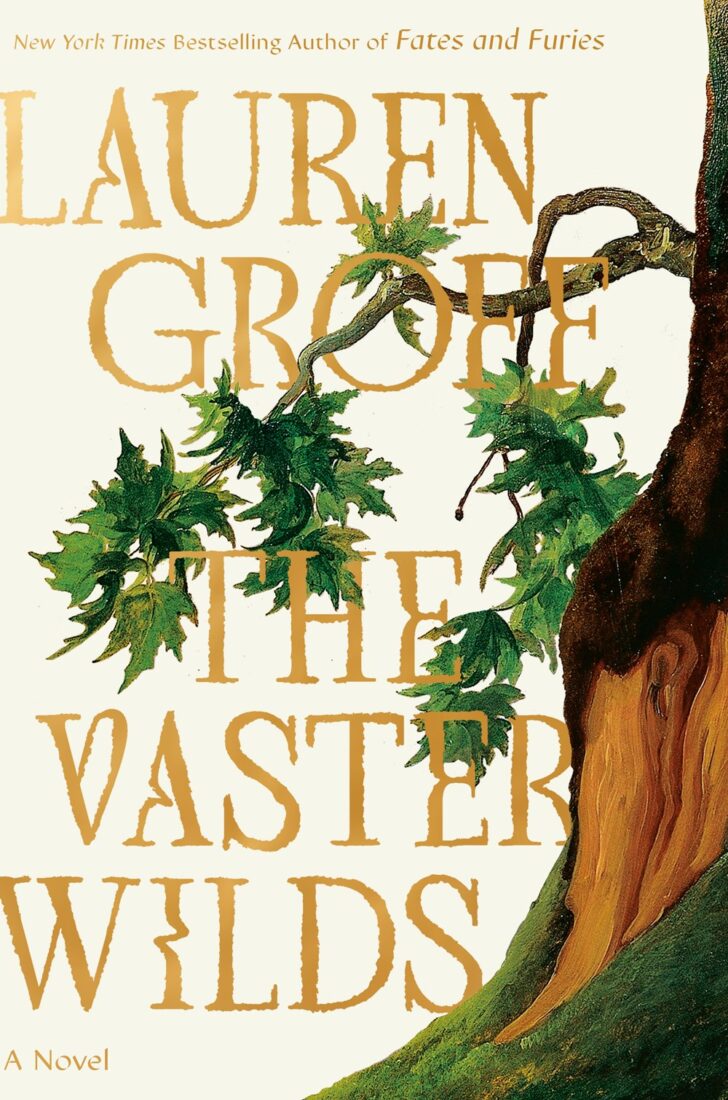
The Vaster Wilds, by Lauren Groff
I cannot wait for The Vaster Wilds because I love everything Lauren Groff has written. All of her writing is about survival, in some shape or form. But in this novel, survival is quite literally the subject of the plot. —Monte Burke, contributing editor
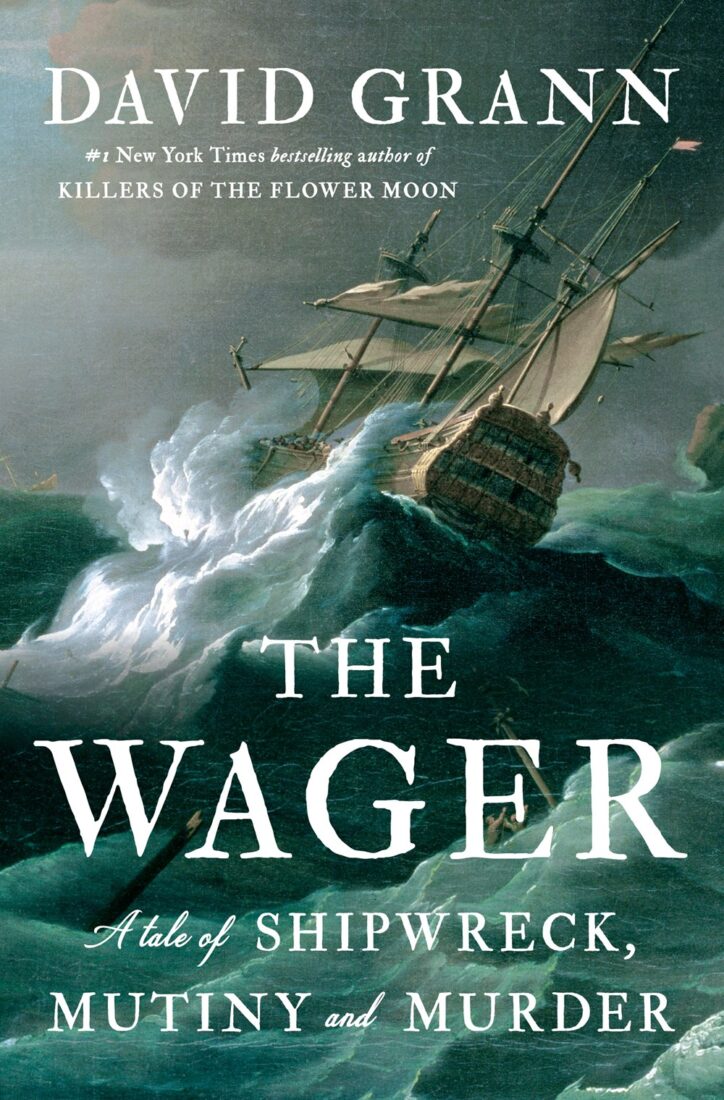
The Wager: A Tale of Shipwreck, Mutiny and Murder, by David Grann
What could make a better beach read than a book about maritime scandal? The latest from author David Grann, who gave us Killers of the Flower Moon (now being made into a major motion picture by Martin Scorcese and starring Leonardo DiCaprio), The Wager promises the true story of an eighteenth-century British man-of-war shipwrecked off the coast of Patagonia that left its emaciated and marooned seamen with only one choice: Escape or die trying. —Kinsey Gidick, contributor
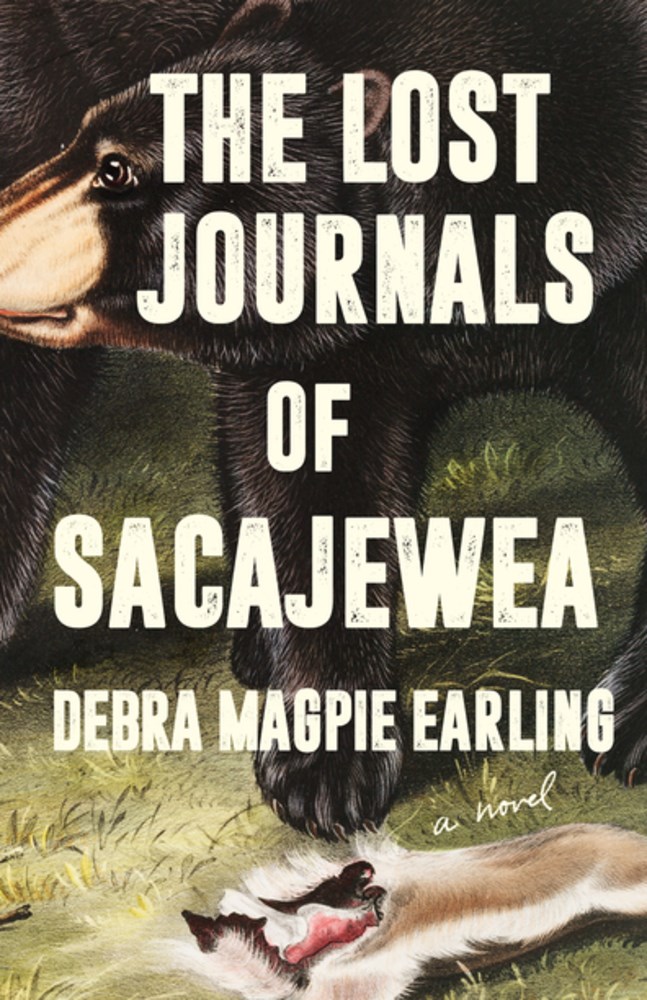
The Lost Journals of Sacajewea, by Debra Magpie Earling
I love anything from Milkweed Editions, and some of my favorite books (Braiding Sweetgrass and Late Migrations) have come from their press. I’m really excited for The Lost Journals of Sacajewea, a novel from author Debra Magpie Earling, who’s a member of the Bitterroot Salish. We all know the story of Sacajewea from the perspective of Lewis and Clark, but Earling reframes the narrative around Sacajewea’s voice. —Gabriela Gomez-Misserian, digital producer
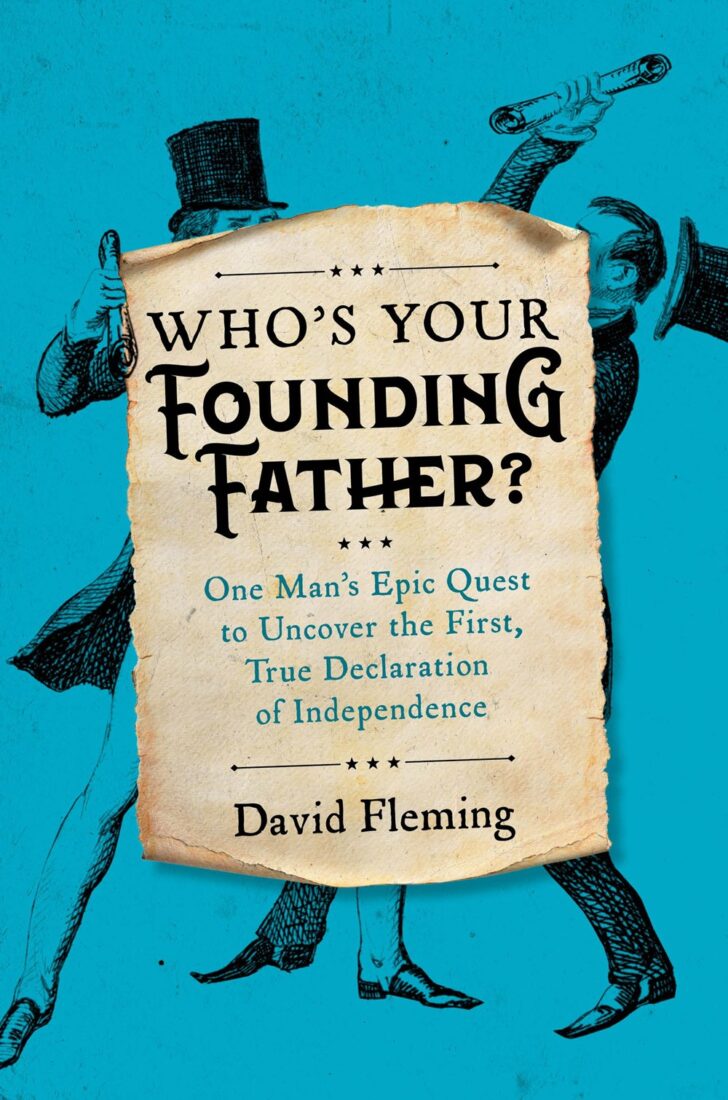
Who’s Your Founding Father?: One Man’s Epic Quest to Uncover the First, True Declaration of Independence, by David Fleming
Did Thomas Jefferson plagiarize the Declaration of Independence? By cribbing the Mecklenburg Declaration of Independence, or “MecDec,” whipped up more than a year earlier by a “misfit band of zealous Scots-Irish patriots, whiskey-loving Princeton scholars and a fanatical frontier preacher in a remote corner of North Carolina”? Well, when you put it that way, who can resist cracking this new wild and wonderful investigation by longtime ESPN senior writer (and Davidson, North Carolina, resident) David Fleming? If you haven’t read Fleming before, you’re in for a treat—I always enjoy his stories for ESPN, including this look at Houston legend “Mattress Mack” and this analysis of the “Crying Jordan” meme. —Amanda Heckert
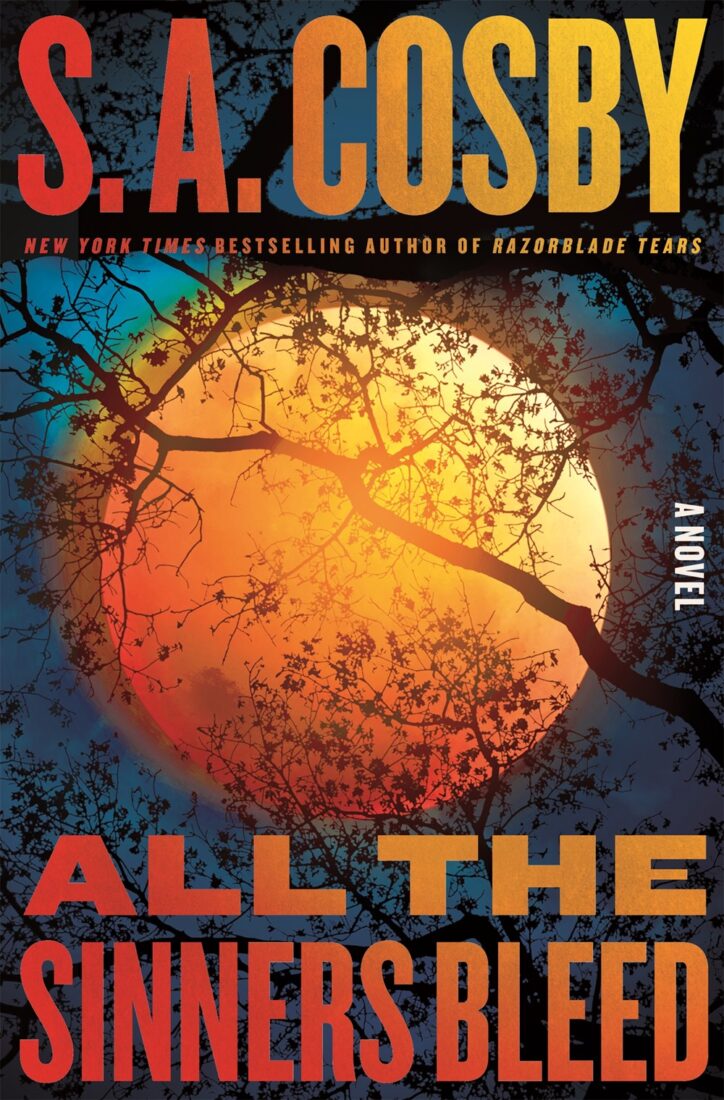
All the Sinners Bleed, by S. A. Cosby
“On the Southern noir scene, S. A. Cosby delivers his fourth book, the taut and riveting whodunit All the Sinners Bleed, which follows Titus, the first Black sheriff in a small Chesapeake Bay community, as he faces down raw evil while keeping his soul intact,” CJ Lotz writes in the latest issue of G&G. “He blew the doors off with Blacktop Wasteland,” contributor Wiley Cash adds, “and his new novel shows every sign of doing the same.”
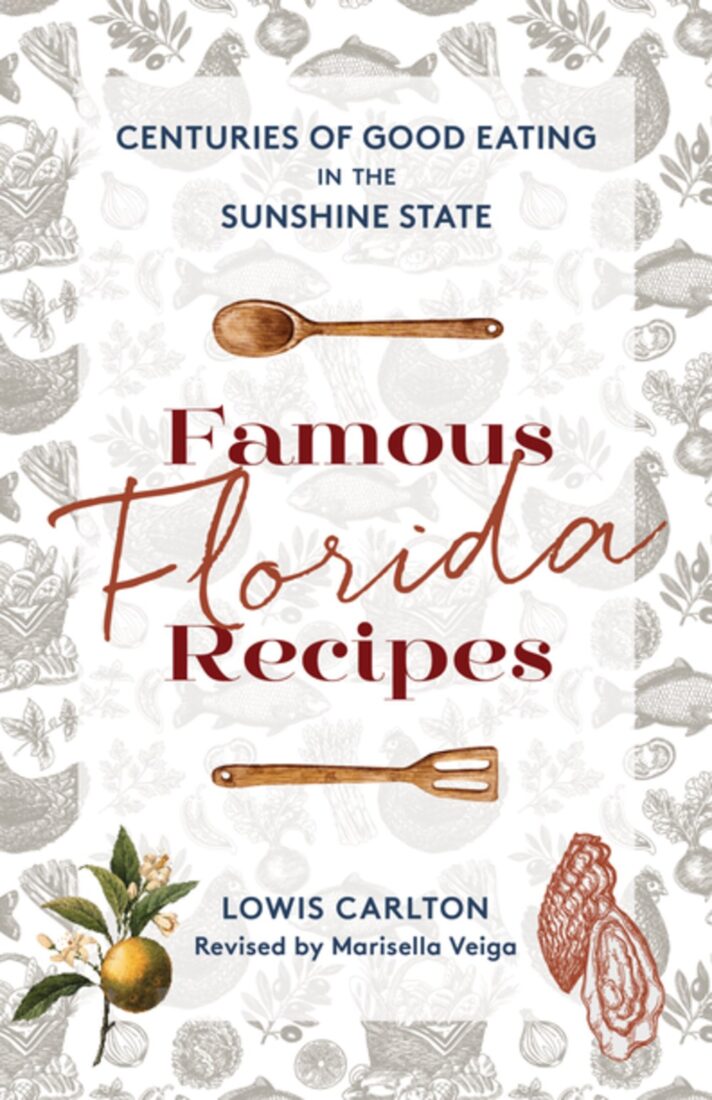
Famous Florida Recipes: Centuries of Good Eating in the Sunshine State, by Lowis Carlton, revised by Marisella Veiga
Lowis Carlton spent over a decade traveling throughout the Sunshine State, gathering iconic recipes from locals to create Famous Florida Recipes, published in 1997. Now, the beloved cookbook is getting an update with more than fifty new recipes from Cuban-born Florida food writer Marisella Veiga. Featuring dishes such as Key West paella and yam praline pie from the Panhandle, the sections are grouped by region, with plenty of cultural tidbits tied in, making it a delight for both home cooks and history buffs. —Emily Daily, newsletter editor

The Good Ones, by Polly Stewart
I just finished debut author Polly Stewart’s The Good Ones, a wild Southern noir with a brilliant and bold voice and one hell of a twist. —Ace Atkins, author and contributor
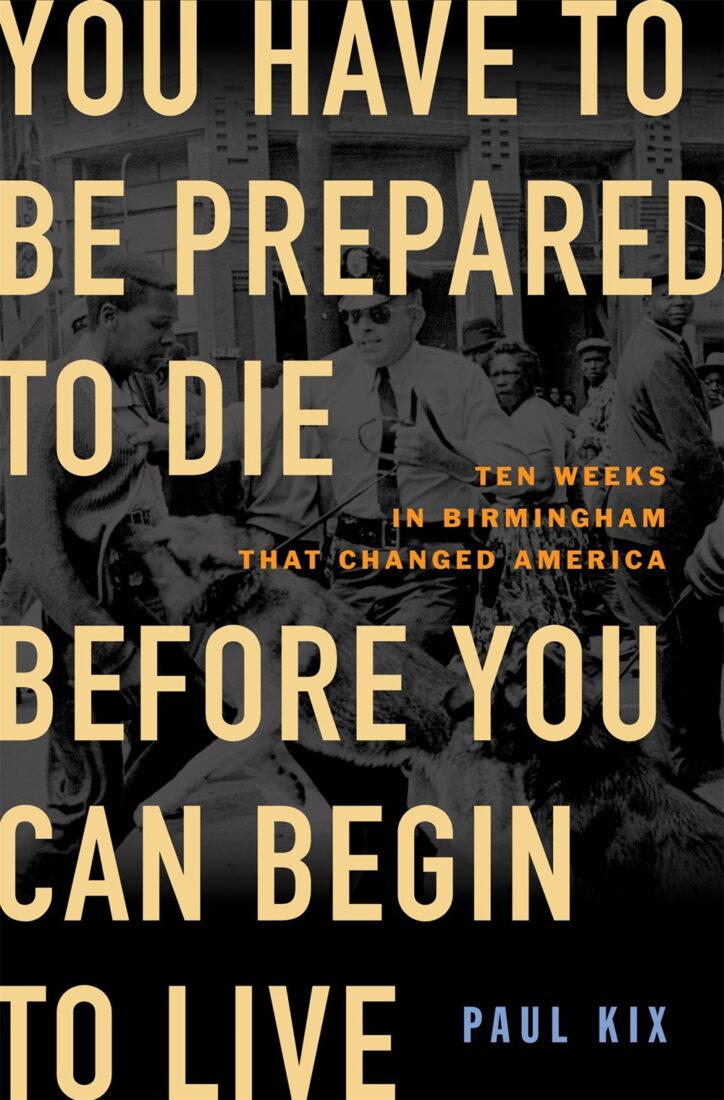
You Have to Be Prepared to Die Before You Can Begin to Live, by Paul Kix
In lean and driving prose, following a plot with the energy of a whodunit, Paul Kix reanimates the 1963 campaign to liberate Birmingham, when children prepared to die at the hands of Bull Connor’s water canons and police dogs, so that we all might live more just and equitable lives. Kix knows the power of narrative velocity. He knows the promise of connectivity, too, generously introducing readers to his own family, giving us the chance to better understand what’s at stake today. —John T. Edge, contributing editor
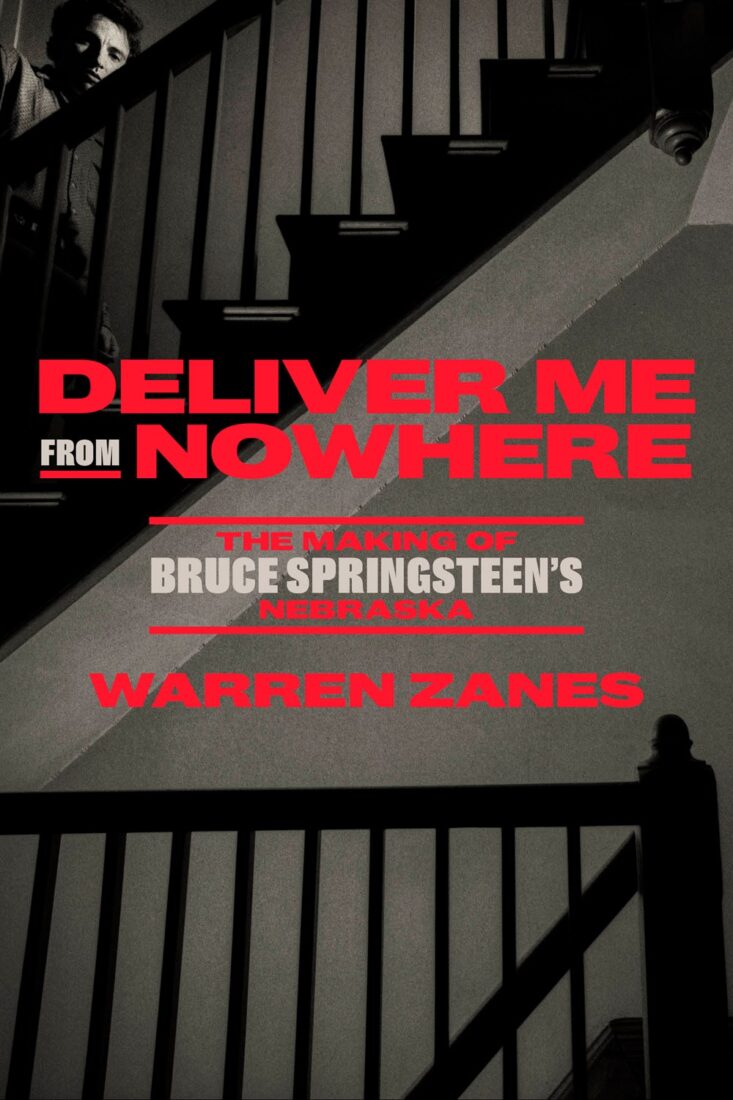
Deliver Me from Nowhere, by Warren Zanes
Had Flannery O’Connor lived to hear it, I think she would have liked Nebraska, the 1982 masterpiece by Bruce Springsteen. The stark album is Springsteen’s most Flannery-esque work, and for good reason: He was deep into the Georgian’s short stories while writing the character-rich songs. O’Connor’s influence is detailed in Deliver Me from Nowhere, a new book by Warren Zanes (of Del Fuegos note) that chronicles the making of Nebraska. For Brucephiles like me, and anyone interested in the creative process, it’s a must-read. —Chris Kraft, chief digital officer
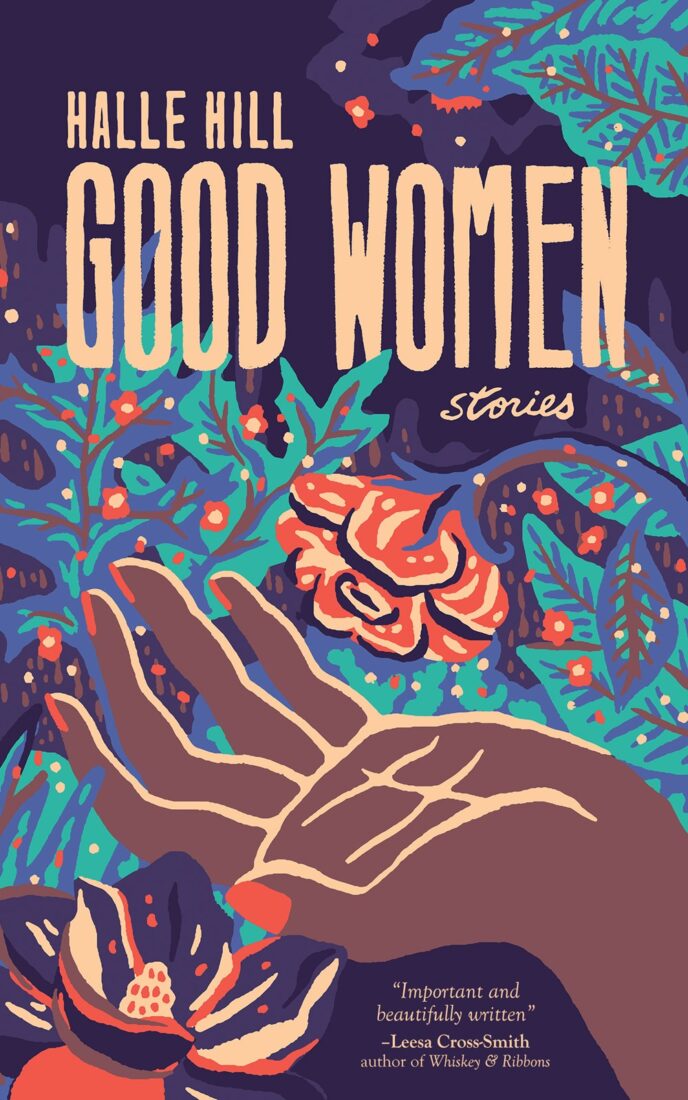
Good Women, by Halle Hill
I’ve read a story or two of Halle’s and her writing is propulsive, bold, and Southern in the richest and most thought-provoking ways. I truly can’t wait for this one—it’s out in September. —Ashleigh Bell Pedersen, author and contributor
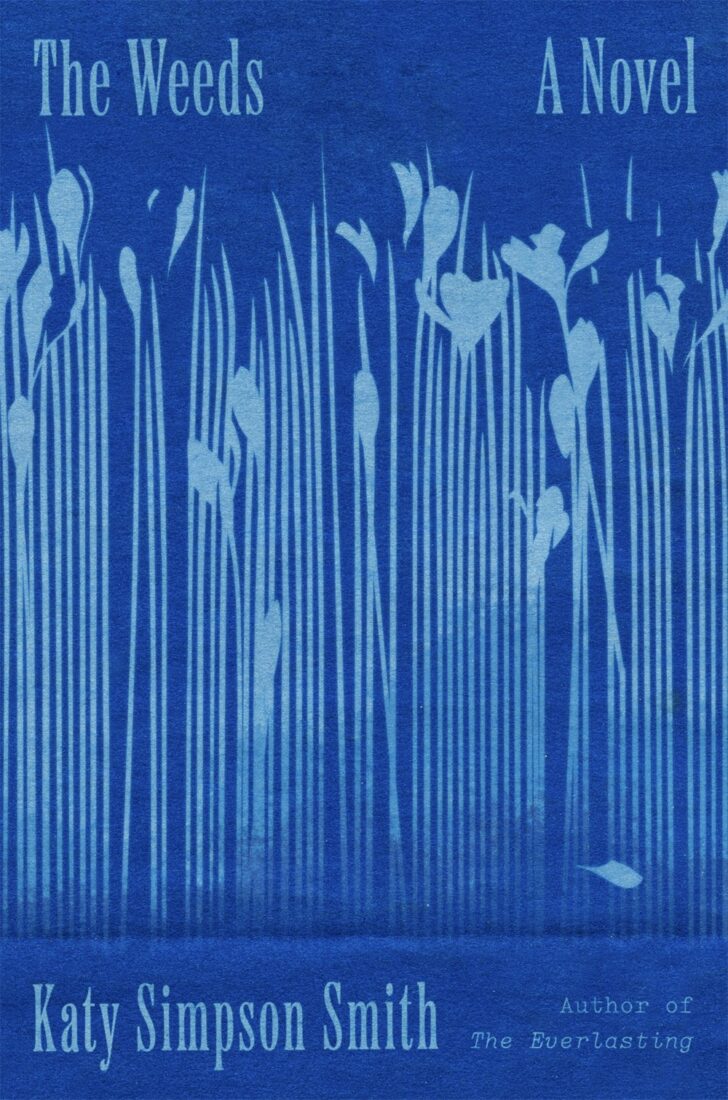
The Weeds, by Katy Simpson Smith
Garden lovers will delight in this roving, fascinating novel that follows a Mississippi woman who discovers the unexpectedly rich plant world of the Roman Colosseum. Smith wrote a beautiful ode to what she learned about writing from her mother’s garden, and now I’ll read anything with her name on it. —CJ Lotz
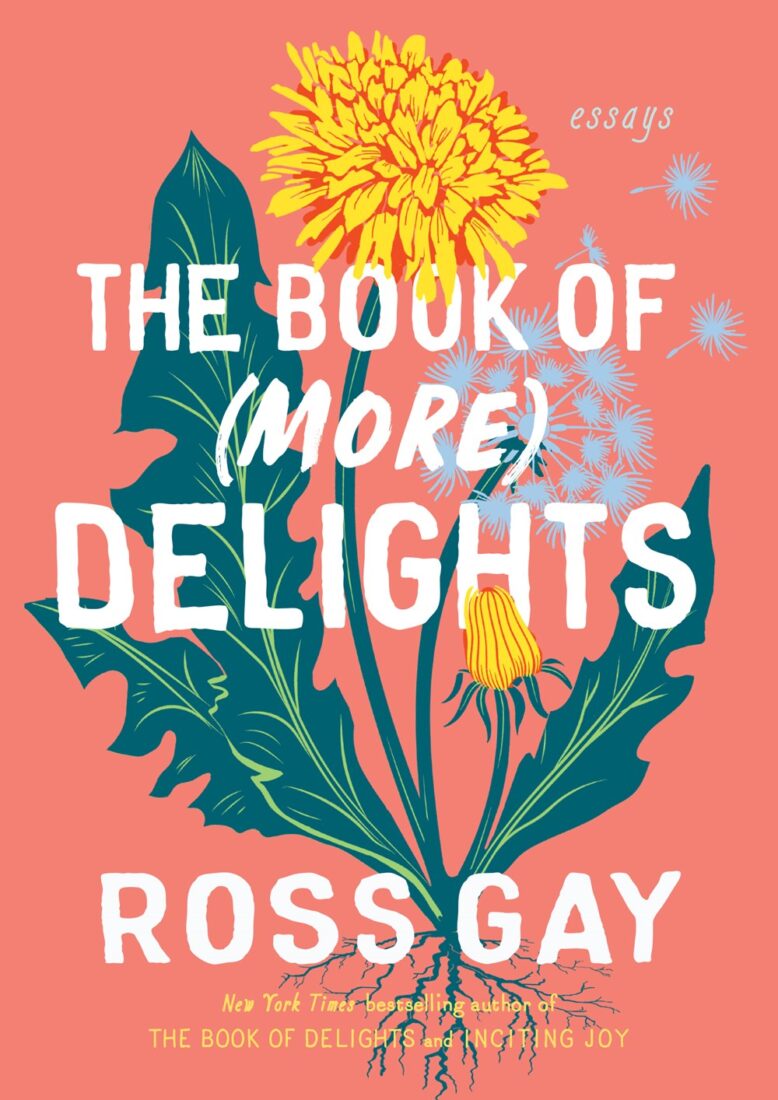
The Book of (More) Delights, by Ross Gay
By popular demand, Ross Gay is back, better than ever, continuing his best-selling chronicle of a new year’s worth of his observations of delight. This time he swings his basket higher, slower, for a whole new bevy of brainy and witty noticings, not just from his garden but from paper menus and pawpaws to the unexpected adoration of a small dog. —Aimee Nezhukumatathil, contributor
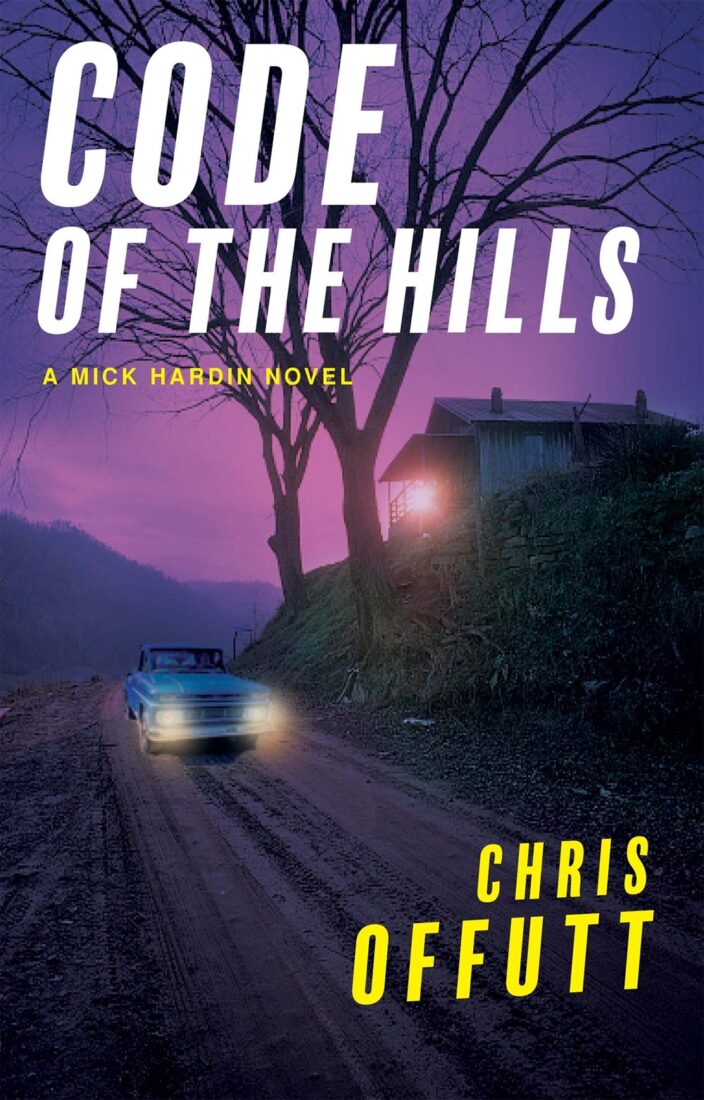
Code of the Hills, by Chris Offutt
One of the many advantages of living in Oxford is that I often get to hang out with Chris Offutt and all the other world-class writers who live here. Chris and I have a Kentucky connection as well. I love his books because reading his work is very much like sitting and listening to him talk. The characters are folks you can identify with, the style is honest and captivating, and the stories are always amazing. —Vishwesh Bhatt
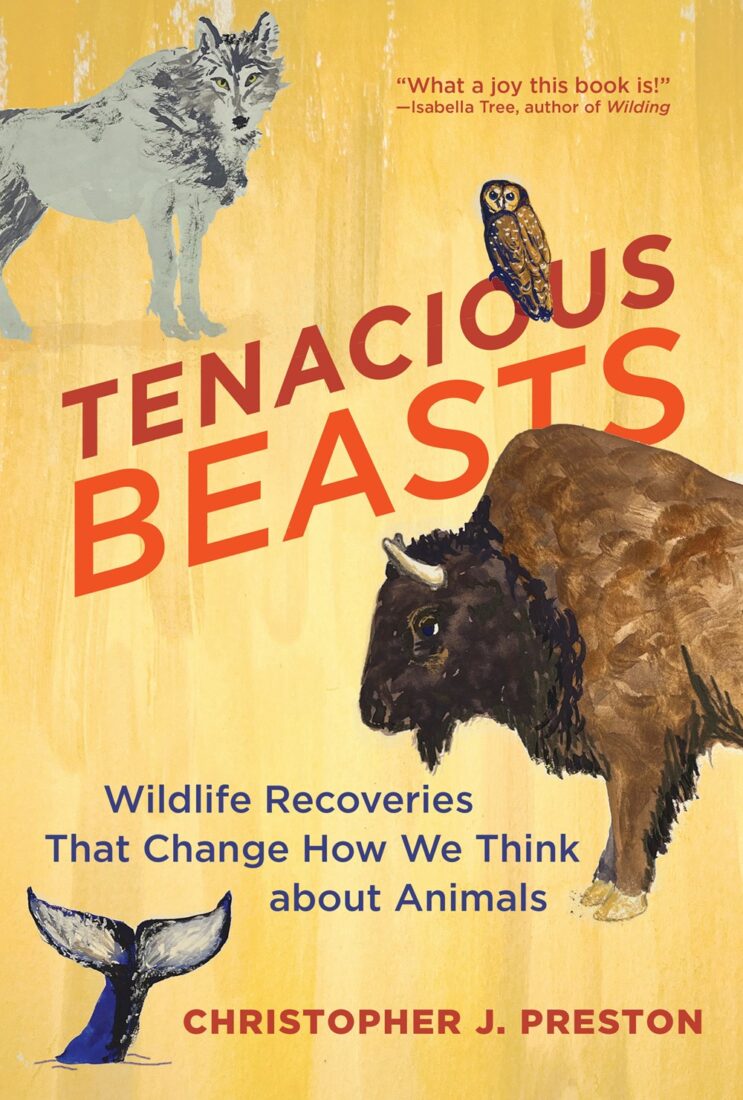
Tenacious Beasts: Wildlife Recoveries That Change How We Think about Animals, by Christopher Preston
Science writer Christopher Preston’s uplifting book is a refreshingly optimistic look at the resilience of wildlife, envisioning a way for humans to exist alongside the natural world. Through interviews, site visits, and research, Preston profiles a dozen recovering species such as wolves, bison, and humpback whales, exploring how the spectacular comebacks happened and offering philosophical insight into biodiversity preservation. A story of hope and positivity in a genre often peppered with a doom-and-gloom outlook. —Emily Daily
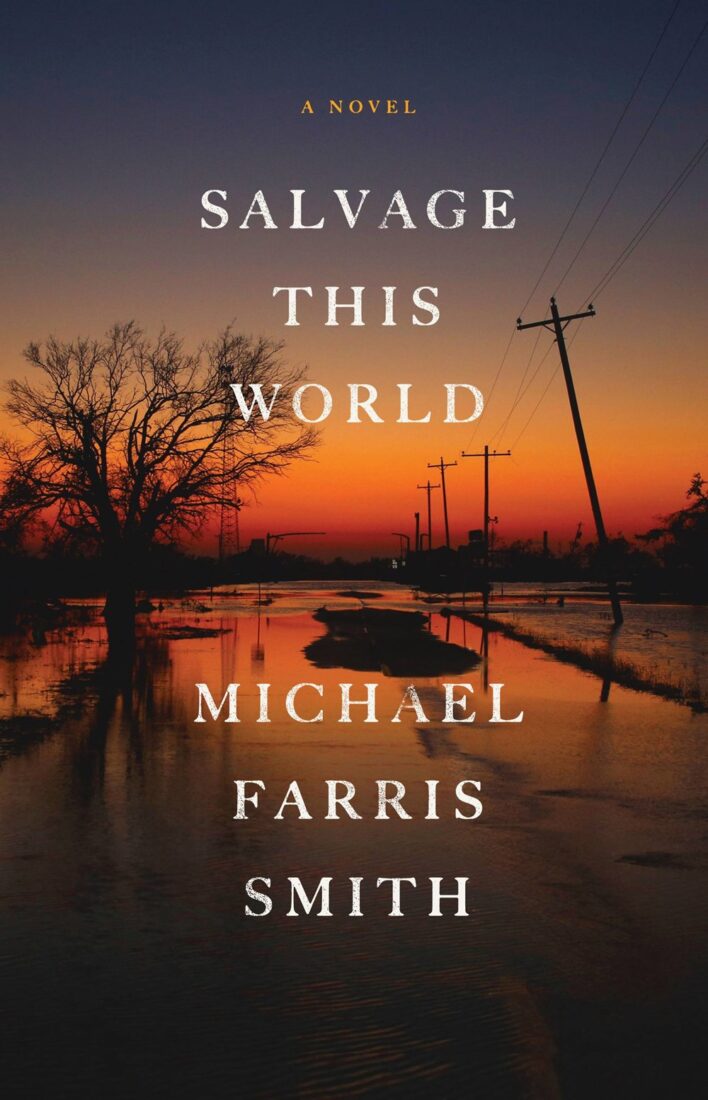
Salvage This World, by Michael Farris Smith
Salvage This World is a storm-tossed and demagogue-haunted book, set in a land of strip malls and thrift stores, in which a mother and child struggle to make their way through the literal and metaphorical dark. —John T. Edge
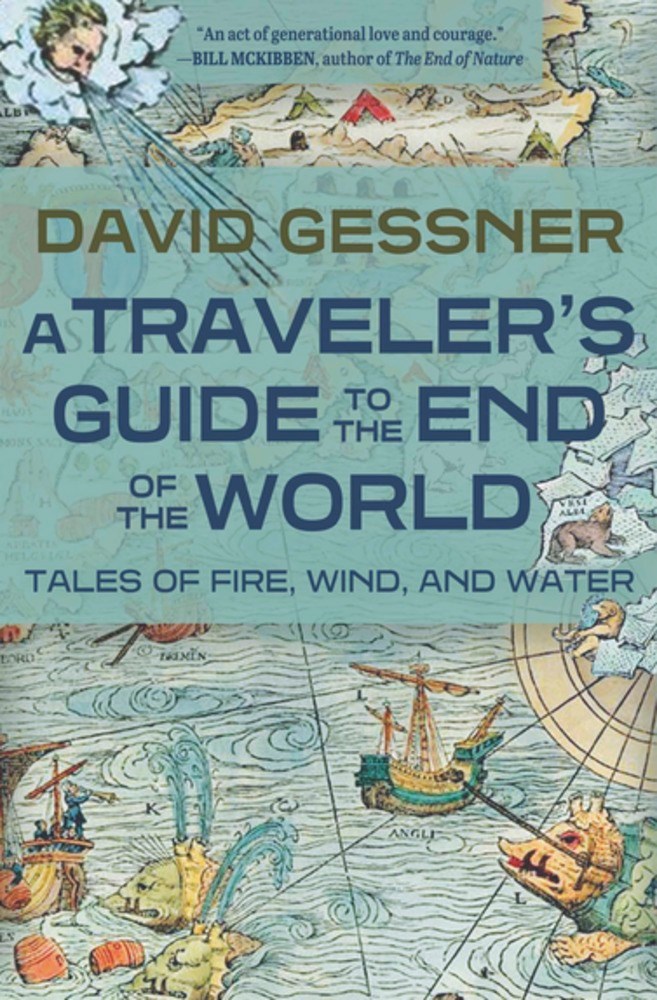
A Traveler’s Guide to the End of the World: Tales of Fire, Wind, and Water, by David Gessner
I’m looking forward to North Carolina author David Gessner’s forthcoming book. Gessner writes about climate change with clear-eyed facts, but also compassion and humor. I find myself leaving his books informed and inspired. —Beth Ann Fennelly
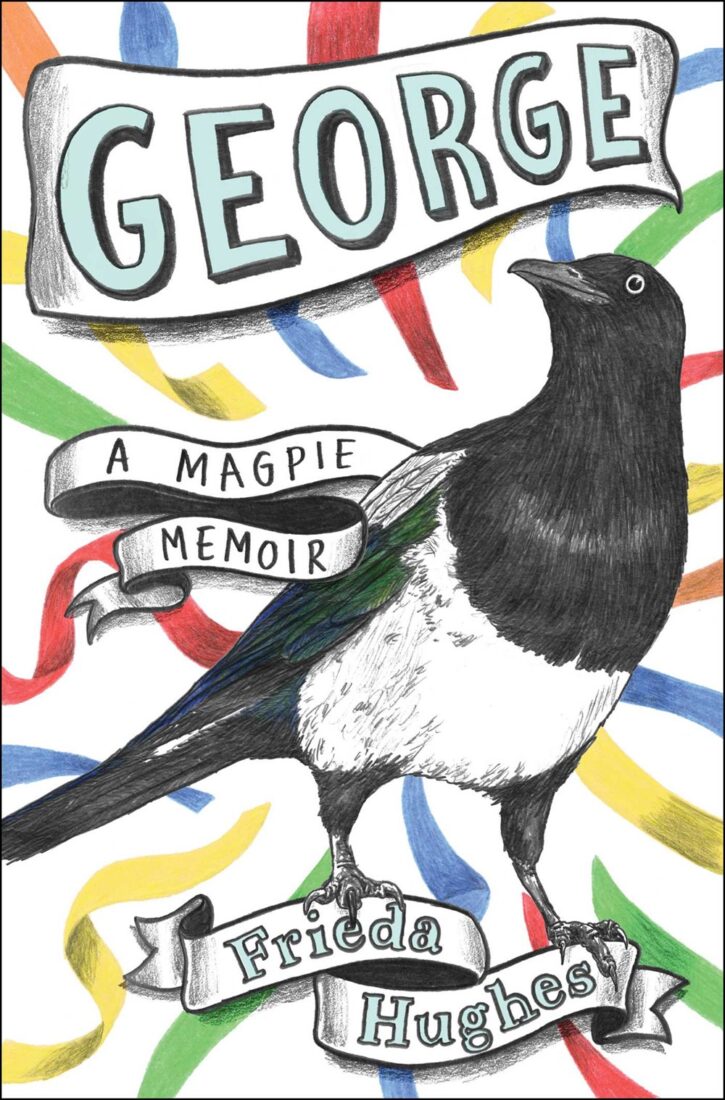
George: A Magpie Memoir, by Frieda Hughes
From the daughter of the late lauded scribes Sylvia Plath and Ted Hughes comes this intimately detailed diary of how she rescued and reared an abandoned baby magpie at her country home in Wales. The hyper-focused plot may bore some readers, but if you’re a fan of wildlife, gardening, and rambling old European estates, you will probably find it charming. (Also, let’s be friends.) Since reading it, I can’t help but watch the crows in my yard with newfound respect, and think of a line penned by Hughes’s mother: “I only know that a rook / Ordering its black feathers can so shine / As to seize my senses, haul / My eyelids up, and grant / A brief respite from fear / Of total neutrality.” —Elizabeth Florio
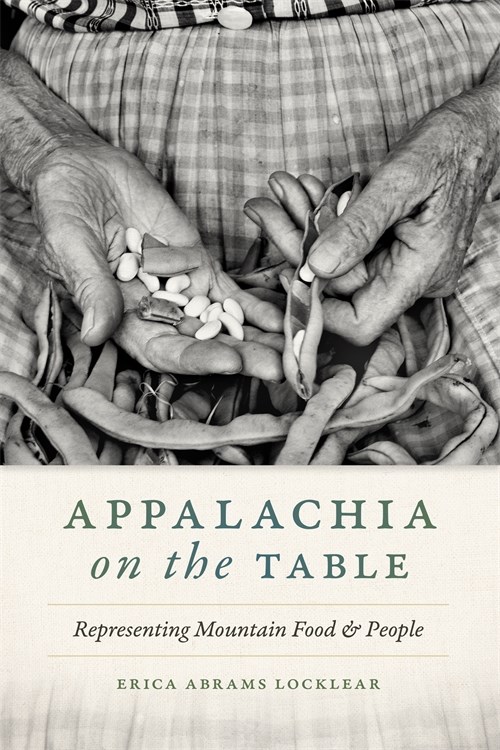
Appalachia on the Table, by Erica Abrams Locklear
I’m really excited about Appalachia on the Table: Representing Mountain Food and People by Erica Abrams Locklear, who has become one of the preeminent voices in Appalachian literature, history, and culture. —Wiley Cash, author and contributor
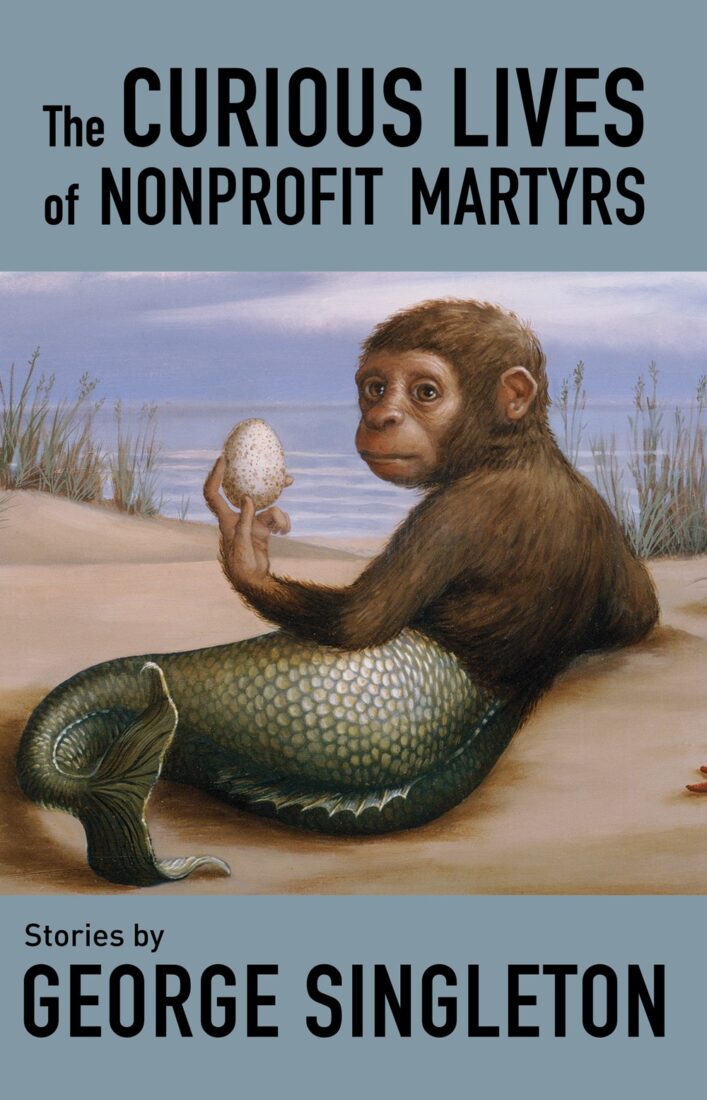
The Curious Lives of Nonprofit Martyrs, by George Singleton
George Singleton is a humanist. George is an absurdist. In this collection of stories, rooted in South Carolina, he weaves those strands into a beautiful pleather tapestry, threaded with sentences like this one: “When I look back to my childhood, there’s a vague blur of nothingness, followed by getting yelled at for not cutting the grass, then that live turtle episode, then the day I drove my mother back home to Dreytown and we never saw my father again.” —John T. Edge
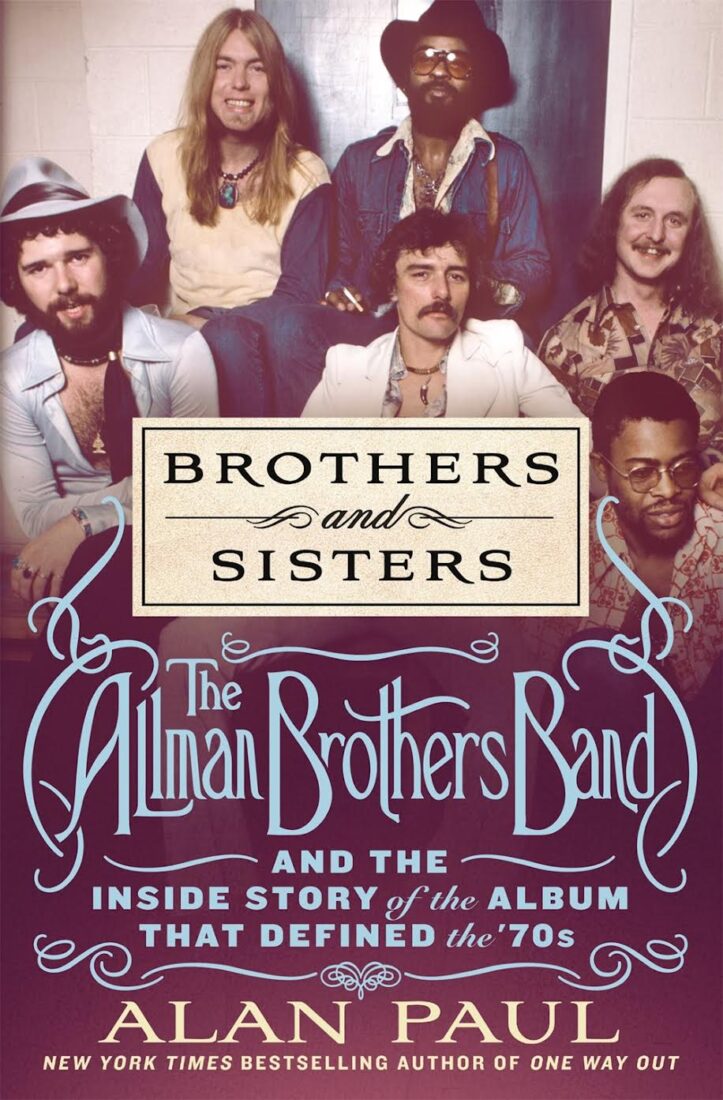
Brothers and Sisters: The Allman Brothers Band and the Inside Story of the Album that Defined the ’70s, by Alan Paul
Allman Brothers Band chronicler Alan Paul takes a deep dive into the making of the 1973 album that launched the band to superstardom in Brothers and Sisters. The book is based on a trove of hundreds of hours of interviews with the band and associates recorded on cassettes by “Tour Mystic” Kirk West in the eighties, in addition to Paul’s own interviews. It’s of course full of insider-y tidbits for Allman fans, but it also provides a fascinating portrait of the era, from the band’s support of Jimmy Carter to the birth and commercialization of “Southern rock.” —Dave Mezz
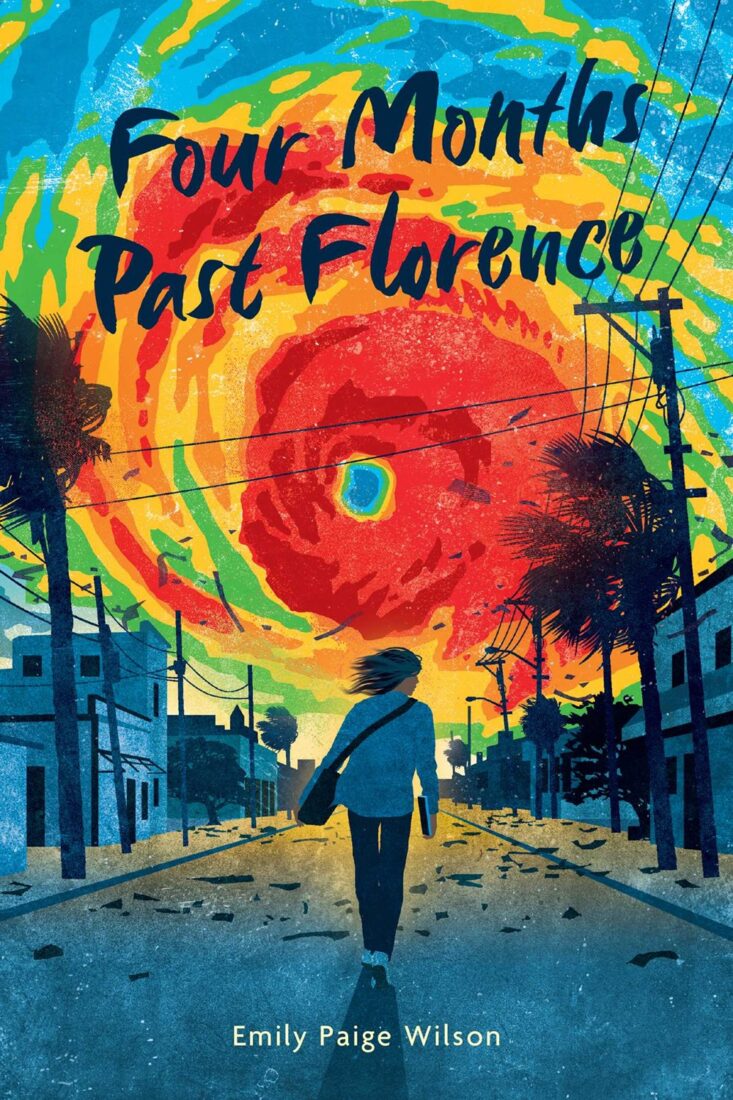
Four Months Past Florence, by Emily Paige Wilson
I’m looking forward to Emily Paige Wilson’s novel-in-verse Four Months Past Florence, a coming-of-age tale set in a small South Carolina town whose residents’ lives are about to change in the face of an approaching hurricane. —Wiley Cash
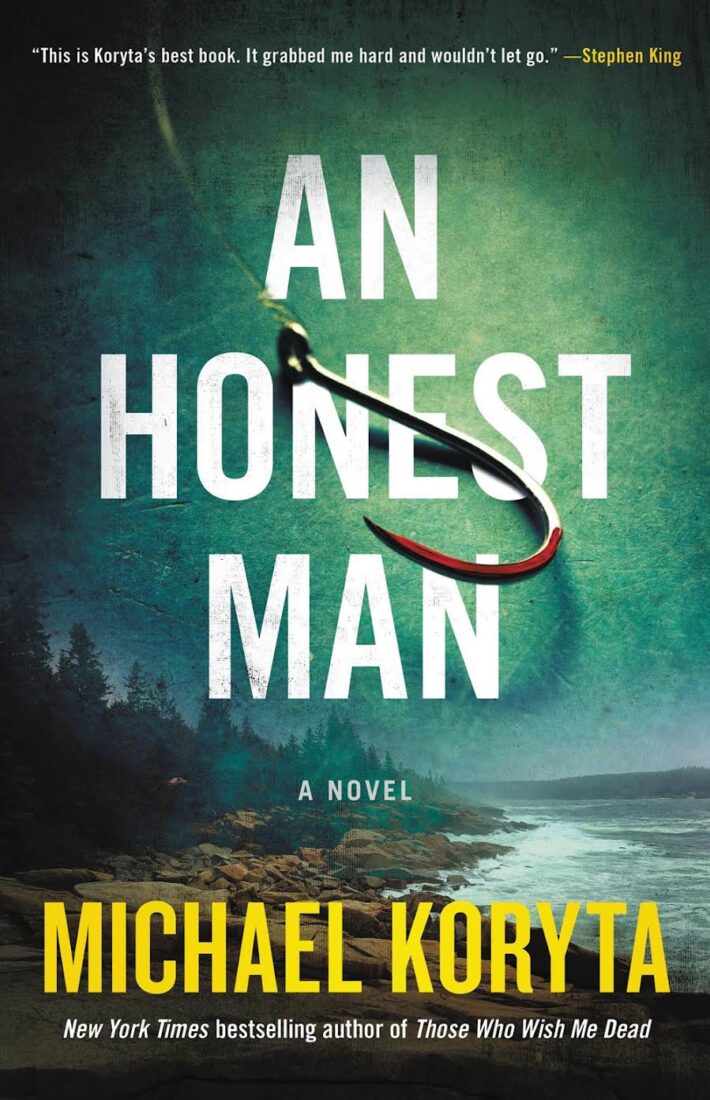
An Honest Man, by Michael Koryta
At the moment, I’m just digging into Michael Koryta’s An Honest Man. Koryta consistently delivers a perfect summer read, this one set in rugged coastal Maine. —Ace Atkins
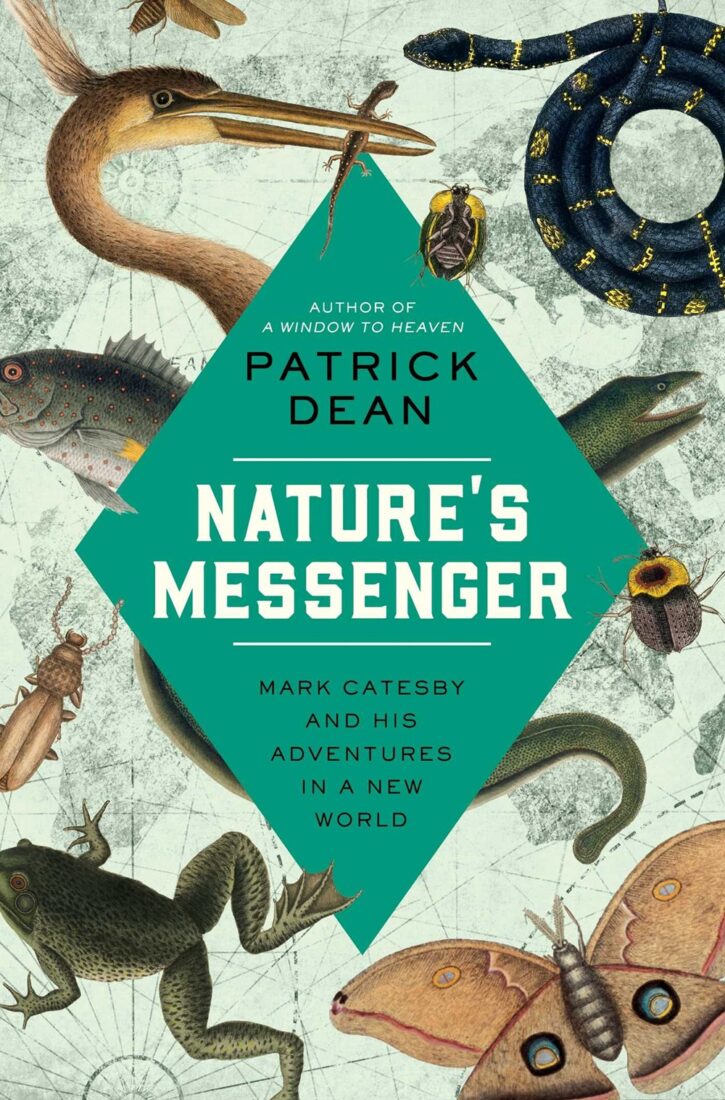
Nature’s Messenger, by Patrick Dean
I loved the piece Patrick Dean wrote about Mark Catesby, an early naturalist that Dean argues is ready to come out from the shadow of the more-famous John James Audubon. I’m excited to read Dean’s book-length exploration of the topic, with lots of adventurous anecdotes and botanical illustrations throughout. —CJ Lotz
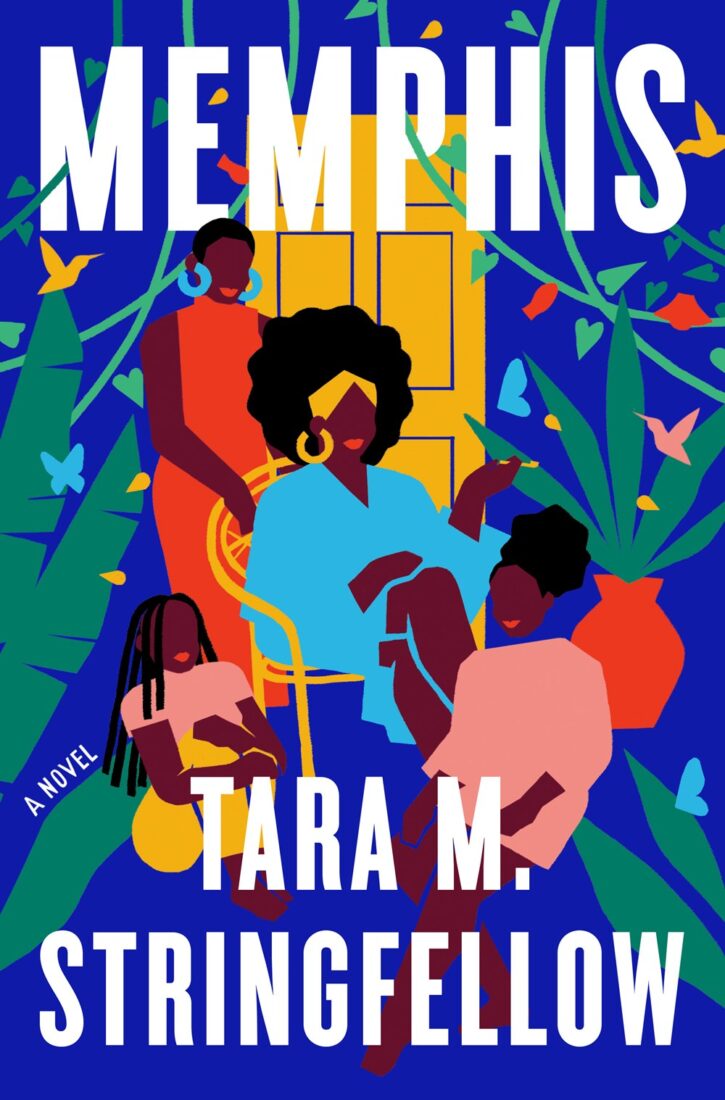
Memphis, by Tara M. Stringfellow
I picked this up in an airport after forgetting to bring The Overstory with me on a trip, and I am so enchanted by Stringfellow’s voice, characters, and vision of Memphis. The novel, out last year and now in summer-travel-friendly paperback, follows through generations of Black women, shifting between timelines and narratives in the North family, but I have a special soft spot for Joanie, who brings her art supplies with her everywhere she goes. I love one scene where the characters connect in a beauty salon; it’s an ordinary space, but Stringfellow is able to immerse you right into it with palpable joy, playfulness, and a sacred cultural reverence. It makes me really appreciate the slow pace of the South where we’re able to relish familiar, everyday moments. —Gabriela Gomez-Misserian


